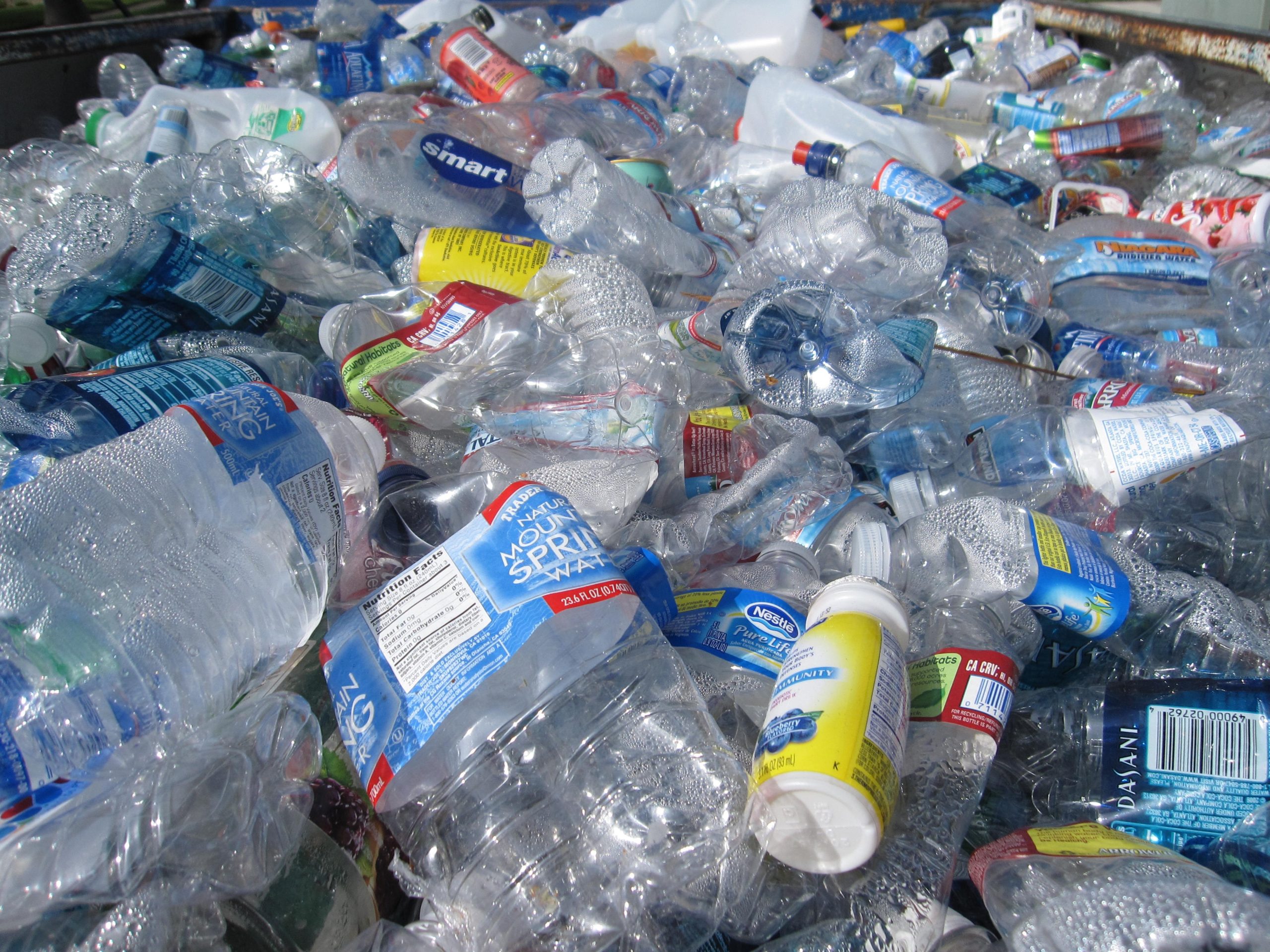
Representational photo by Tanvi Sharma on Unsplash
We are in the midst of a waste crisis. As is widely known, Ramky Enterprises (now known as ReSustainability) was managing the Shishambara waste management plant in the Selaqui area. They have decided to pack up and leave. Their last working day is October 30, 2022. Their sister concern Chennai MSW was engaged in the door-to-door collection of solid waste in 69 of the 100 wards in the city of Dehradun and will also stop work from the same date. With the start of the festive season and Diwali a few days from now, we are staring at an alarming waste situation.
The failure of the Shishambara plant barely 4-5 years after it began work holds several lessons. First of all, we need to diversify our risks. Corporates like Ramky, and Chennai MSW are profit-driven enterprises. They will continue to work till the time it suits them. When they decide to leave for whatever reason as they do now, they hold thousands of families, businesses, institutions, hotels, schools and colleges, and the entire city and the valley to ransom. In our case, the Doon Valley which includes Dehradun, Mussoorie, Vikasnagar, Herbertpur, Dehradun Cantt, Landour, Clementown Cantt and several other areas are impacted. Going ahead, the question that Nagar Nigam Dehradun, all Urban Local Bodies and each citizen should be asking as follows:
1. Is a centralized system as we have today the better option or would a more decentralized, cluster-based approach be better? What is the guarantee that the next player who comes to take over Shishamabra will not quit again? Has Nagar Nigam Dehradun done its best in monitoring and supervising the plant during the past few years?
2. We need to religiously follow the mantra of 100% waste segregation at source, day in and day out. No waste management strategy can succeed without strict adherence to this principle. Urban Local Bodies need to drive this in mission mode. They must take responsibility for implementing waste segregation in unambiguous terms. Swachhata success stories of Indore and many other cities and towns are built on the strong foundations of robust waste segregation systems.
3. As a region and as a state, we must focus on reducing, rather than merely managing, our waste. Waste management is a misnomer. Instead, the priority should be a waste reduction.
4. We must realize and understand that waste is a very serious issue. We must also remember that the Govt of India had notified six kinds of waste in 2016 – municipal solid waste, plastic waste, e-waste, bio-medical waste, construction and debris waste, and hazardous waste. While we primarily look at solid and plastic waste, we must be more ambitious and consider working on all waste streams.
5. We can only do better if we come together on one platform. Working in silos leads us nowhere. Govt departments that are engaged with waste in one way or the other need to adopt the “whole of government” approach. Citizens, businesses, and institutions need to come on board. Corporations need to chip in too. We need to work extra hard this Diwali and during the coming months.
I sincerely hope that our political leadership, policymakers, authorities, and key decision makers imbibe a few hard lessons from this imbroglio. This is critical and I can only hope that as a city and as a region, we emerge stronger from this challenging and grave situation. There is frankly no other choice.
Anoop Nautiyal is a social worker, the Brand Ambassador of Dehradun for the nationwide cleanliness competition Swachh Survekshan and the founder of Dehradun based Social Development for Communities (SDC) Foundation.



